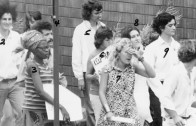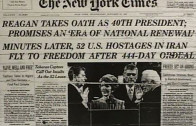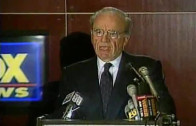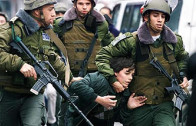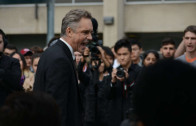Persons of Interest
Persons of Interest is a four part series where former activists and political dissidents are given their previously secret ASIO files and asked to explain the allegations contained in them. As a result, the series unravels the hidden political and cultural history of Australia that is still being unmasked today in a world gripped by confirmations of mass surveillance abuses by ASIO and other intelligence agencies such as the NSA in the United States. Using the content of the ASIO records themselves along with genuine surveillance footage, this series tells the story of spies, traitors and intelligence intrigue in Australia against a backdrop of the big political events of the 20th century; at a time when fear of Communism, outsiders and threats to the established order fostered the construction of a vast and secret network of surveillance on ordinary people.
Series
Part one is set around the events of the 1950s, following author and journalist Roger Milliss. ASIO kept extensive records on much of the Milliss family–many being some of the first files ASIO opened. In this first episode the focus is on father and son who were gradually torn apart as both as Communists argued the differing paths towards Socialism.
1960s Monash University activist, Michael Hyde, was one of the most notorious student radicals in Australia. According to ASIO records, he and his peers called for the violent overthrow of the government, while Hyde helped create the Anti-Vietnam Moratorium movement.
Gary Foley is an Aboriginal Gumbainggir activist, academic, writer and actor. He is best known for his role in establishing the Aboriginal Tent Embassy in Canberra in 1972 and for establishing an Aboriginal Legal Service in Redfern in the 1970s. Foley played an active role in organising protests against the Springboks in 1971 as a result of the Apartheid policies in South Africa.
Frank Hardy was an Australian left-wing writer best known for his controversial novel Power Without Glory. He also was a political activist bringing the plight of Aboriginal Australians to international attention with the publication of his book, The Unlucky Australians, in 1968. Because of his experiences during the Depression, Hardy joined the Communist Party of Australia in 1939. Hardy also stood unsuccessfully twice as a CPA candidate for public office. Hardy’s file depicts a man’s struggle with misplaced faith. His story is presented by his son, Alan Hardy, also a person of interest, and granddaughter Marieke Hardy.
